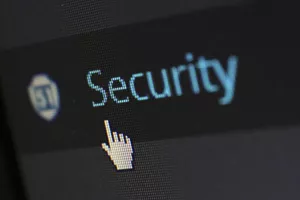Key Reform in AML and Cybersecurity Framework
The government strengthens AML controls, limits the UIF's role in criminal proceedings, and centralizes cybersecurity policy under a new operating structure.

The Federal Executive Branch approved, through Decree 274/2025, a series of significant amendments to the anti-money laundering (AML), counter-terrorism financing (CTF), and proliferation financing regime. These reforms align with the findings from the Fourth Mutual Evaluation Round conducted by the Financial Action Task Force (FATF) and aim to expand the powers of the Financial Intelligence Unit (UIF), strengthen its operational autonomy, and modernize supervision and enforcement mechanisms.
Institutional Strengthening of the UIF
The Decree reallocates powers to the UIF, enabling it to receive and exchange information with public entities involved in intelligence, information, or prevention tasks. It also authorizes coordinated action with the Office of the Attorney General, the Public Administration, and the Judiciary. Additionally, it expands the UIF’s authority to exchange information with other government bodies and obligated entities, on a risk-based approach.
New Supervisory and Sanctioning Tools
The most notable changes include the introduction of a “conditional suspension of administrative proceedings” mechanism for low-risk violations. This tool allows the UIF to resolve cases without imposing sanctions, provided the harm to the system is remedied. The Decree also enables reducing monetary fines below the statutory minimums when deemed disproportionate in light of the effectiveness and proportionality principles the law establishes.
Cybersecurity as a Strategic Priority
The reform also strengthens the institutional framework for cybersecurity by granting the Federal Cybersecurity Agency (AFC) the role of lead authority in the field. The AFC is assigned broad powers over the protection of critical infrastructure, development of IT defense technologies, and coordination of public policies through the Cybersecurity Committee, whose composition was also revised.
End of UIF’s Role in Criminal Prosecution
Finally, Decree 274/2025 repeals Decree 2226/08, removing the UIF’s authority to act as a complainant in criminal proceedings. This change reduces the overlap with the functions of the Public Prosecutor’s Office.
This insight is a brief comment on legal news in Argentina; it does not purport to be an exhaustive analysis or to provide legal advice.